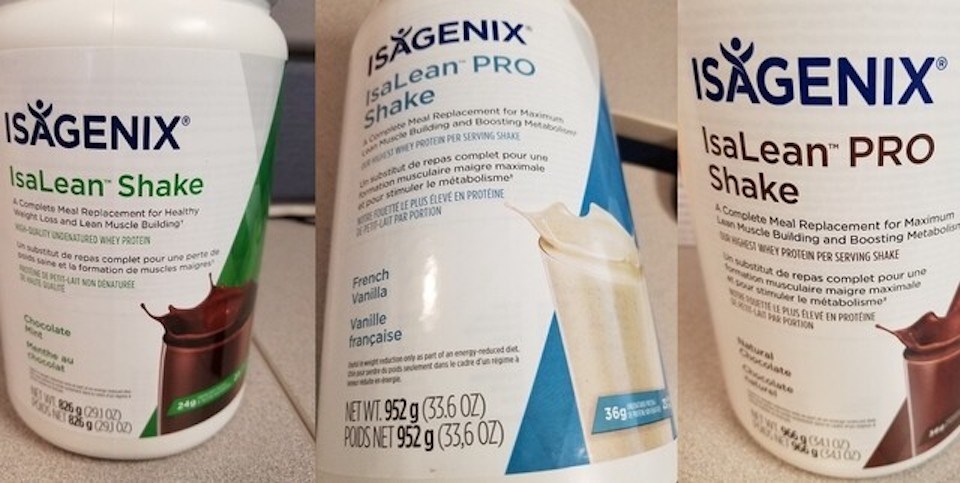A Kelowna woman is suing an international multi-level marketing company after she says she suffered ill effects from consuming the company's weight loss products – products that have since been recalled by Health Canada.
Chera Harris filed the suit against Isagenix last summer, claiming she suffered from vitamin and mineral overdoses from consuming a variety of Isagenix products, which she says led to depression, anxiety, abnormal heart rhythm, chronic pain and sleeplessness.
Isagenix is a multi-level marketing company that sells dietary supplements and meal replacements to help with weight loss, in addition to other “health and wellness” products.
Harris says she'd been consuming the Isagenix products between July 2017 and November 2020. She bought the products directly from Isagenix, and also resold the products to others, and collected a commission on her sales.
“[Isagenix] operate a 'multi-level marketing' scheme as a method to sell their products to consumers,” Harris says in her notice of civil claim. “This scheme is [Isagenix's] primary method of selling their products.
“Resellers and consumers are entirely reliant on [Isagenix] to ensure the quality of [Isagenix's] products, that [Isagenix's] products are produced in compliance with statutory standards, and that [Isagenix's] products are appropriately labelled with the required nutritional information and associated risks.”
Health Canada for 25 Isagenix products, including a number of shakes and bars, on Oct. 31, Nov. 7 and Nov. 14 of 2020 and Jan. 29, 2021, due to “over-fortification of vitamins.” Health Canada says there have been “reported illnesses associated with the consumption of these products.”
Harris says the products contained unsafe levels of folic acid, Vitamin A, B12, and E, selenium, chromium, molybdenum and magnesium.
“The products were advertised as a complete meal replacement system to facilitate weight loss as well as to increase the overall health of a person,” Harris' suit claims.
“[Isagenix] encourages consumers to replace large parts of their diet with the products, and state that the products contain all the calories and nutrients to sustain a healthy person.”
Harris claims Isagenix was negligent in allowing unsafe levels of vitamins and minerals in its products, and she's seeking a variety of damages from the company, including aggravated and punitive damages.
Isagenix recently applied to have the suit thrown out, arguing the matter should instead be referred to arbitration. The company claimed because Harris worked as an “associate” of Isagenix, selling products for commission, she was bound by the “arbitration clause” in her contract. This clause states all claims against Isagenix will be settled by “confidential arbitration,” and all associates waive their rights to a trial in such matters.
Isagenix says Harris enrolled 75 new “associates” and “preferred customers” during her time working for Isagenix, and earned more than $35,000 in commission.
But Harris says her claim arises out of her role as a consumer and not as an “associate.”
Last week, 小蓝视频 Supreme Court Justice Ward Branch and allowed Harris' suit to proceed.
“A person may obviously be a supplier in one consumer transaction, but not in another. The plaintiff purchased the Products for her own personal use, thus bringing her within the ambit of a “consumer” under the [Business Practices and Consumer Protection Act],” Justice Branch wrote in his decision.
“The interpretation proffered by [Isagenix] would undermine the purposes of the BPCPA by excluding consumers who would otherwise be protected under its provisions. If the [Isagenix's] interpretation were accepted, it would preclude many self-employed persons or small business owners from bringing claims in their personal capacities as consumers under the BPCPA.”
Isagenix did not respond to Castanet's request for comment on the lawsuit.


